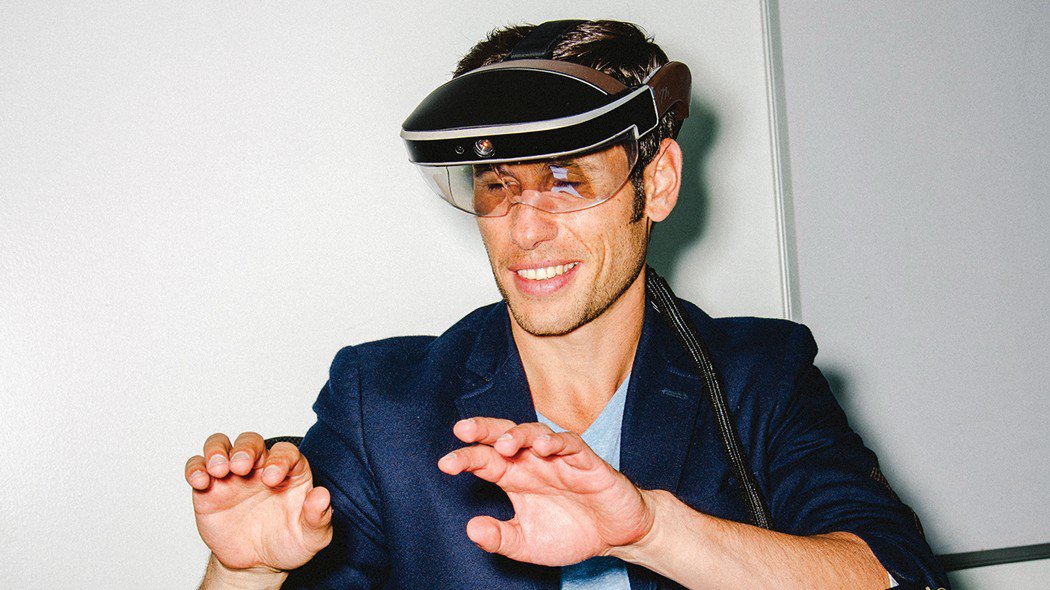Computer & electronics hardware
Meron Gribetz
An augmented-reality dreamer tries to turn his vision into a business.
Photos by Damien Maloney

Asia Pacific
Pulkit Jaiswal
The Power of Full Drone Autonomy

Europe
Arkadiusz Stopczynski
His portable brain scanner will improve the quality of medical care for brain diseases in the most remote regions

Global
Ari Roisman
Why the future of communication could be on your wrist.

Latin America
Margaret Lengerich
Millions of people could stop drinking water contaminated by arsenic thanks to her filtering system
